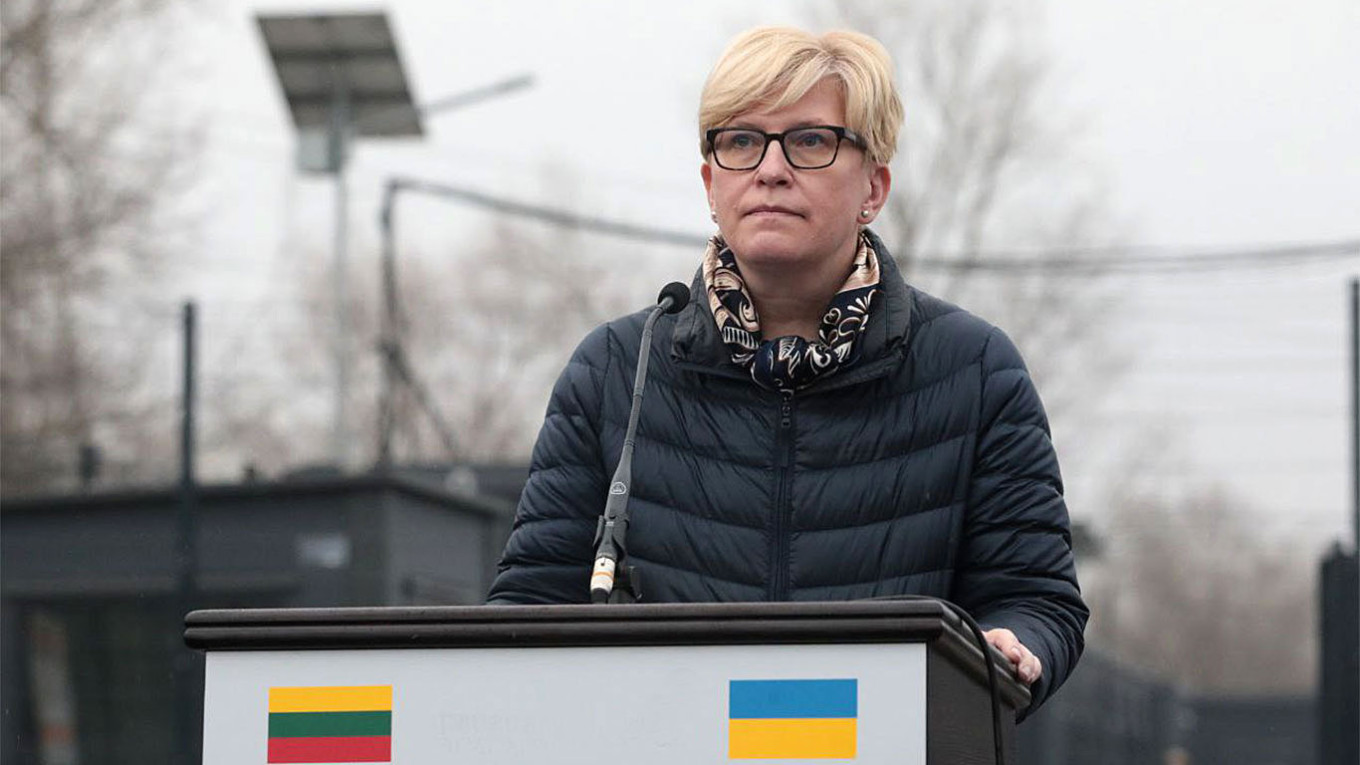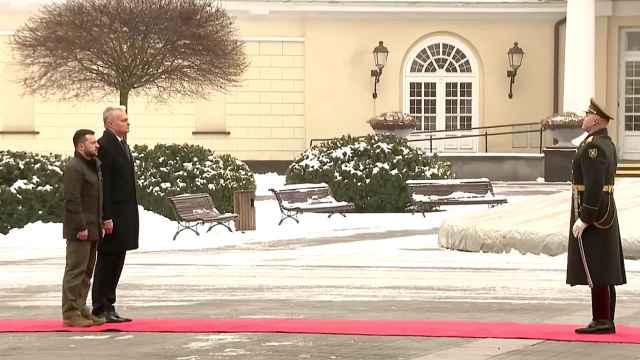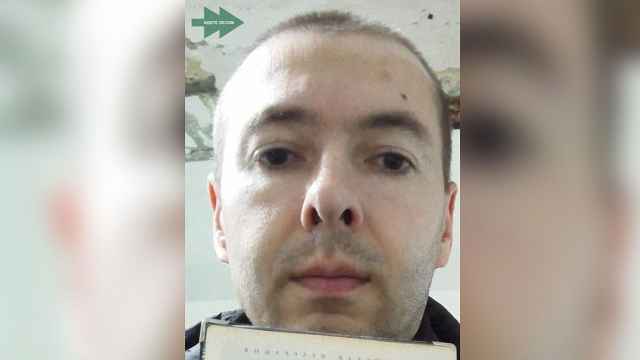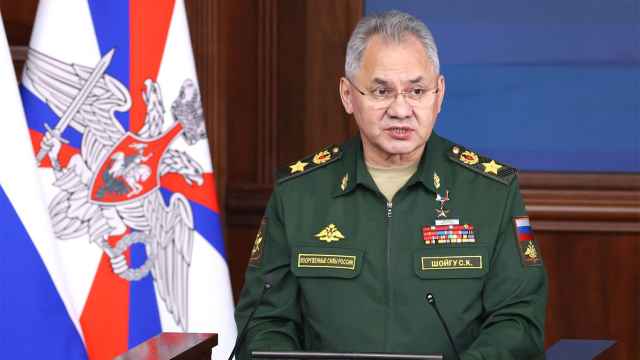Lithuania is prepared to send its soldiers on a training mission to Ukraine despite Russia’s nuclear threats, Lithuanian Prime Minister Ingrida Simonyte said in an interview with the Financial Times published Wednesday.
Her comments follow the Russian Defense Ministry’s announcement that its forces were preparing to conduct tactical nuclear weapons exercises in response to Western “threats and provocations.”
“If we just thought about the Russian response, then we could not send anything. Every second week you hear that somebody will be nuked,” Simonyte told FT about the possibility of Lithuanian boots on the ground in Ukraine.
Lithuania, an EU and NATO member, had previously proposed sending its troops to Ukraine for training purposes, but as FT notes, Kyiv has not yet made such a request.
Russia on Monday summoned France’s ambassador to denounce the country's “provocative” policies following President Emmanuel Macron's comments to The Economist last week that Western troops could be sent to Ukraine if Russia broke through Ukrainian front lines.
“They are talking about the readiness and even the intention of sending armed contingents to Ukraine — that is, in fact, to put NATO soldiers in front of the Russian military,” Kremlin spokesman Dmitry Peskov said.
“This is a completely new round of escalating tensions. It is unprecedented and requires special measures,” Peskov added.
Besides Macron, Russia has also blasted U.K. Foreign Secretary David Cameron for saying Kyiv has the right to strike targets inside Russia.
Despite Simonyte’s remarks to FT, the Italian daily Corriere Della Sera, citing a NATO draft document, reported on Sunday that the Western military alliance is planning to adopt a “no boots on the ground” in Ukraine resolution this summer.
A Message from The Moscow Times:
Dear readers,
We are facing unprecedented challenges. Russia's Prosecutor General's Office has designated The Moscow Times as an "undesirable" organization, criminalizing our work and putting our staff at risk of prosecution. This follows our earlier unjust labeling as a "foreign agent."
These actions are direct attempts to silence independent journalism in Russia. The authorities claim our work "discredits the decisions of the Russian leadership." We see things differently: we strive to provide accurate, unbiased reporting on Russia.
We, the journalists of The Moscow Times, refuse to be silenced. But to continue our work, we need your help.
Your support, no matter how small, makes a world of difference. If you can, please support us monthly starting from just $2. It's quick to set up, and every contribution makes a significant impact.
By supporting The Moscow Times, you're defending open, independent journalism in the face of repression. Thank you for standing with us.
Remind me later.






